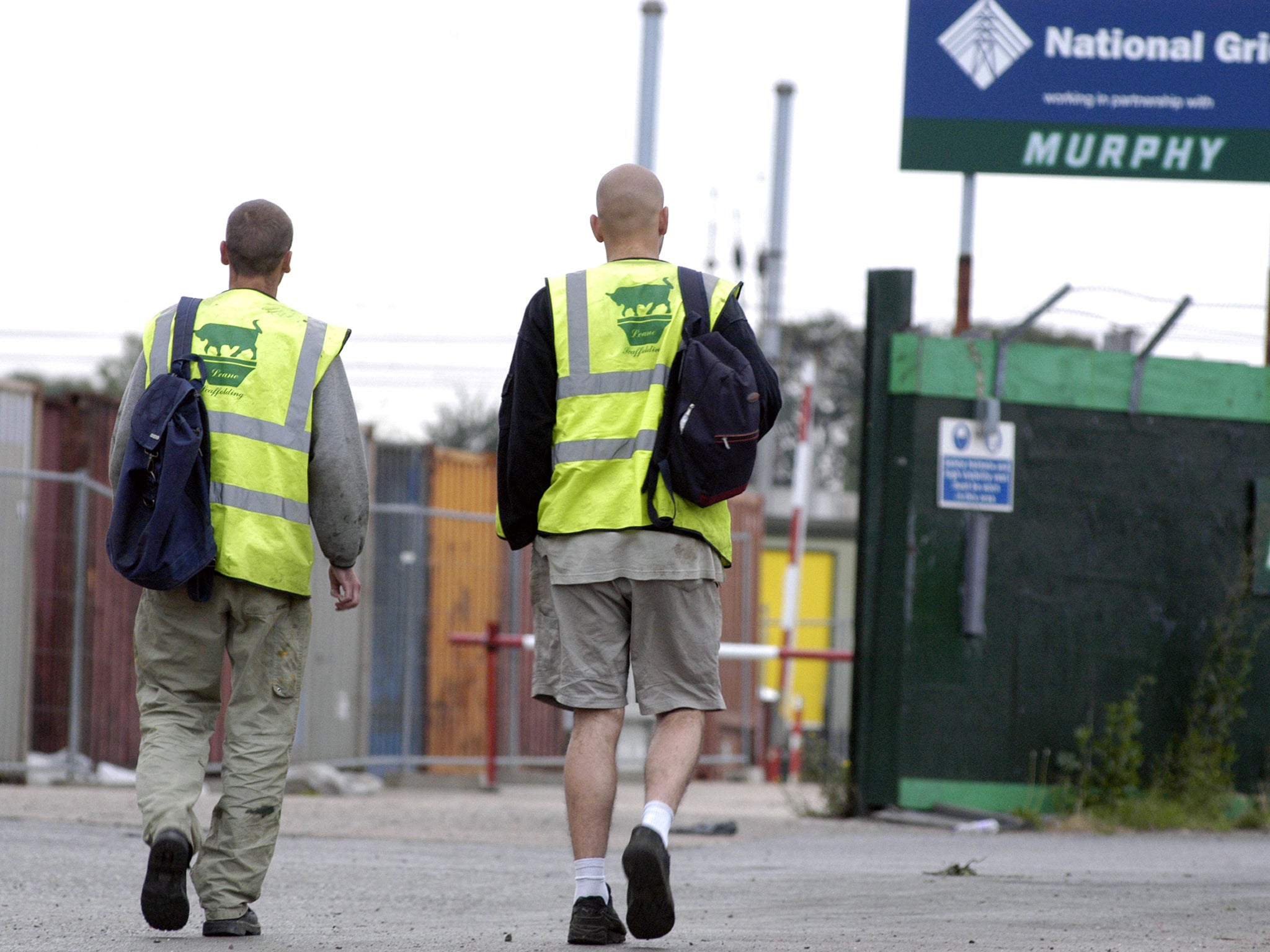EU referendum: David Cameron may drop call for EU migrant benefits ban
Tensions rising as the Prime Minister prepares to detail his demands for repatriating powers from Brussels

David Cameron is under growing pressure from Tory Eurosceptics following signs that he is preparing to water down his call for a four-year ban on European Union nationals qualifying for in-work benefits.
Tensions are rising within the party as the Prime Minister prepares to detail his demands for repatriating powers from Brussels at a summit of EU leaders this week. He hopes the meeting will lay the groundwork for reforms that will be agreed in February and put to a referendum on EU membership next summer.
Government sources insisted the four-year ban plan would still be on the table when the leaders meet on 17 December, but they signalled he was prepared to negotiate over tougher welfare controls as long as any new rules had the effect of deterring migration.
They appeared to be laying the ground for a retreat after Mr Cameron ran into opposition to the proposal among fellow EU leaders.
David Mundell, the Scotland Secretary, acknowledged the four-year ban demand was negotiable. “The Prime Minister has been very clear that one of the key elements of his renegotiation in Europe is to control migration from the EU,” he told BBC Radio5 Live.
“We think that the best way to do that is the four-year arrangement in relation to payment of benefits. It is a negotiation, though, and if others come forward with other proposals then you have to look at what is being put forward.”
The former Environment Secretary, Owen Paterson, said the focus on benefits restrictions was “all froth and bubble” and dismissed the mooted benefits curb as a “very small issue”.
He said: “We were promised a major renegotiation, a total change in relationship with our European neighbours, and he’s like someone in a little dinghy being towed along by the enormous great Channel ferry.”
Another former cabinet minister, Peter Lilley, said: “If we can’t overcome the two doctrines of Europe – that everybody is heading in the same direction, and that powers can only ever go to the central institutions and never come back to the states – then he’ll have not really achieved anything.”
Join our commenting forum
Join thought-provoking conversations, follow other Independent readers and see their replies
Comments
Bookmark popover
Removed from bookmarks